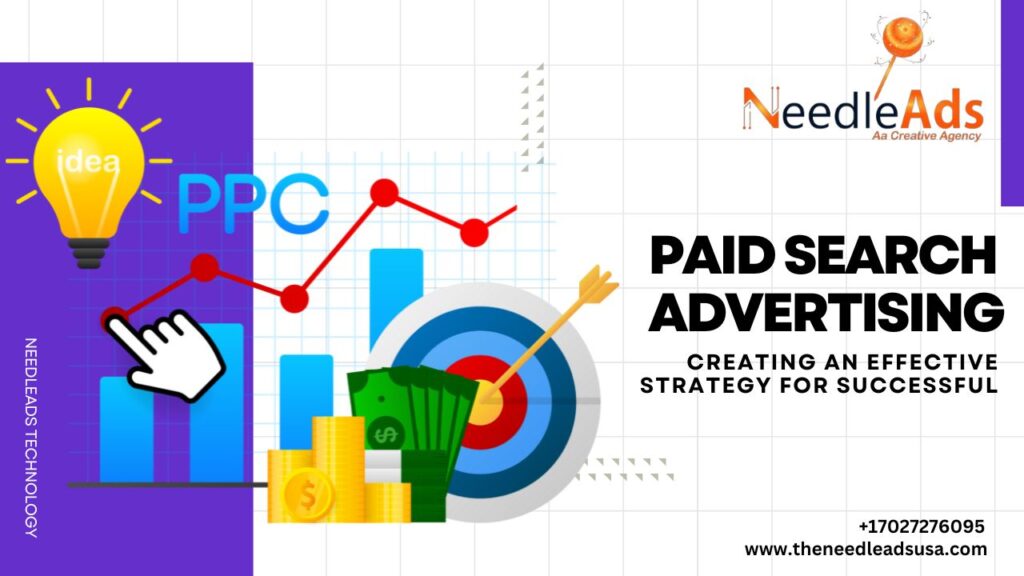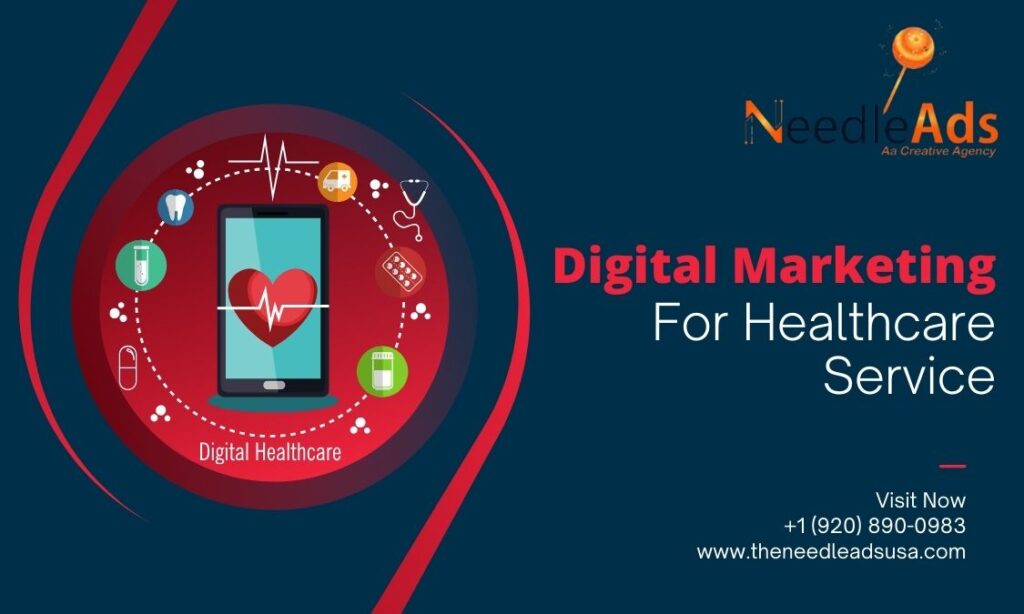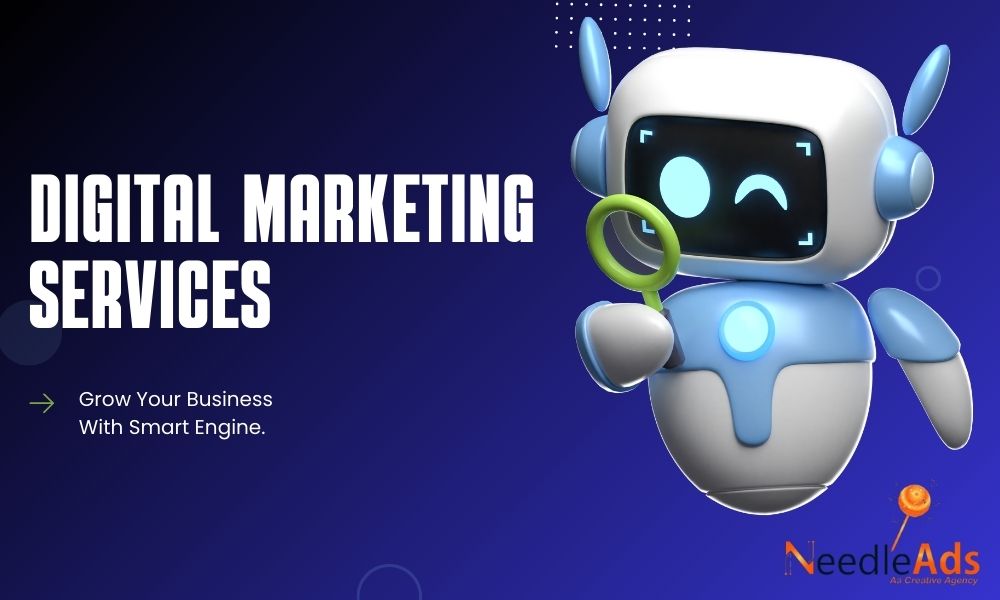The healthcare landscape is undergoing a significant transformation, driven by the ever-growing adoption of digital technologies. Patients are increasingly turning to online resources to research healthcare providers, treatments, and medical conditions. To thrive in this competitive environment, SEO service providers in New Jersey and across the nation need to embrace effective digital marketing strategies.
This comprehensive guide explores the power of digital marketing for healthcare and equips you with the essential tools and strategies to reach new patients, build trust, and achieve your marketing goals.
Understanding the Digital Marketing in Healthcare Landscape
The digital healthcare landscape encompasses various online platforms and tools used by patients and healthcare providers alike. Key components include:
- Patient Portals: These online platforms allow patients to manage appointments, access medical records, and communicate with healthcare providers securely.
- Healthcare Websites: A well-designed and informative website is crucial for establishing a strong online presence. It should showcase your services, expertise, and provide valuable resources for patients.
- Telemedicine: This technology enables remote consultations between patients and healthcare providers, offering increased convenience and accessibility.
- Social Media: Platforms like Facebook, Twitter, and Instagram offer valuable channels to connect with patients, share educational content, and build brand awareness.
- Online Reviews: Patient reviews on platforms like Google My Business and Yelp significantly impact patient decisions. Healthcare providers need to actively manage their online reputation.
Why Invest in Digital Marketing for Healthcare?
Digital marketing offers numerous benefits for healthcare service providers in New Jersey and beyond. Here are some key reasons to invest:
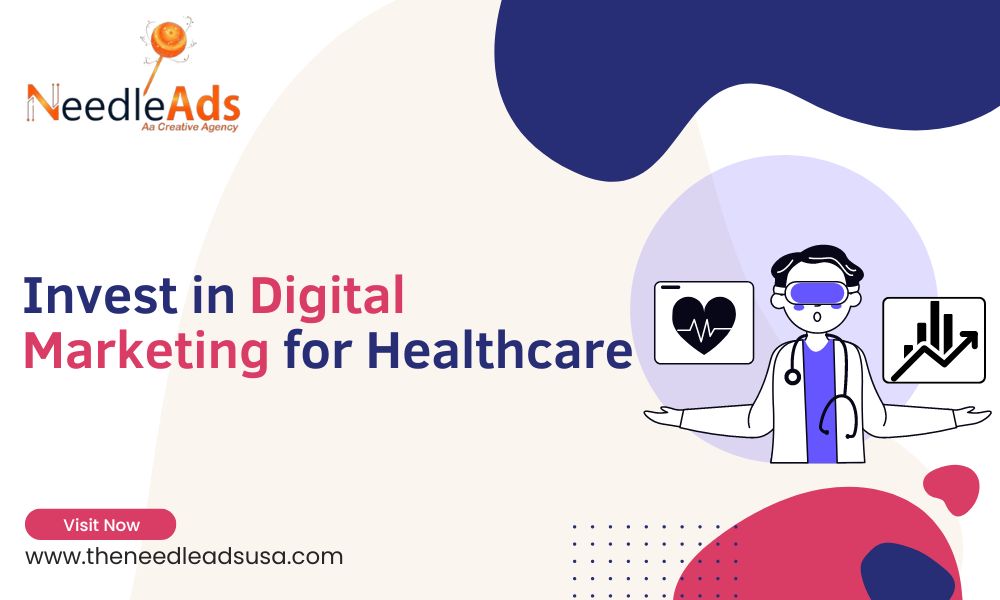
- Reach a Wider Audience: Target potential patients actively searching for healthcare services online.
- Build Brand Awareness: Establish your practice as a trusted resource and leader in your field.
- Increase Patient Engagement: Provide valuable content that educates and empowers patients.
- Improve Patient Communication: Enhance communication channels through online platforms and telemedicine.
- Generate New Leads: Attract potential patients actively looking for healthcare solutions.
- Boost Patient Retention: Foster stronger relationships and encourage repeat visits.
- Measure Results: Track the effectiveness of your campaigns and optimize strategies for better results.
Key Digital Marketing Strategies for Healthcare Providers
Now that we’ve established the importance of digital marketing for healthcare, let’s delve into specific strategies you can implement:
1. Develop a Patient-Centric Website:
- User-Friendly Design: Ensure your website is mobile-responsive and easy to navigate for all users.
- Clear Information: Provide clear and concise information about your services, providers, and appointment scheduling.
- SEO Optimization: Optimize your website with relevant keywords to improve search engine ranking for local New Jersey searches.
- Educational Content: Offer informative blog posts, articles, and videos addressing common health concerns.
- Patient Testimonials: Showcase positive patient experiences to build trust and credibility.
2. Leverage the Power of Social Media:
- Create Engaging Content: Share informative and visually appealing content related to your area of expertise.
- Respond to Inquiries: Actively monitor your social media channels and respond promptly to patient inquiries.
- Run Targeted Ads: Utilize platforms like Facebook Ads to target potential patients based on demographics and interests.
- Join Relevant Groups: Participate in online healthcare groups on Facebook and LinkedIn to establish your expertise and engage with potential patients.
3. Embrace Email Marketing for Patient Communication:
- Build an Email List: Encourage patients to subscribe to receive updates, appointment reminders, and educational content.
- Personalized Communication: Segment your email list by demographics or interests for personalized content delivery.
- Promote Preventive Care: Send educational emails promoting preventive care and wellness initiatives.
- Offer Exclusive Content: Provide subscribers with valuable resources and discounts not available elsewhere.
4. Explore the Potential of Telemedicine:
- Offer Remote Consultations: Telemedicine provides convenience for patients and expands your reach beyond geographic limitations.
- Improve Patient Access: This technology caters to patients with transportation difficulties or time constraints.
- Invest in Telehealth Platforms: Choose secure and HIPAA-compliant platforms for teleconsultations.
5. Manage Your Online Reputation Effectively:
- Claim Online Profiles: Claim and update your profiles on Google My Business, Yelp, and other relevant directories.
- Encourage Patient Reviews: Request satisfied patients to leave positive reviews on your online profiles.
- Respond to Reviews: Address both positive and negative reviews promptly and professionally.
6. Partner with a Healthcare Digital Marketing Agency:
For New Jersey healthcare providers seeking comprehensive digital marketing solutions, partnering with a reputable healthcare digital marketing agency can be immensely beneficial. These agencies possess the expertise, tools, and resources to create and execute effective digital marketing strategies tailored to your specific needs and target audience.
7. Leverage Data-Driven Insights for Continuous Improvement:
- Track Key Metrics: Regularly monitor website traffic, social media engagement, and lead generation metrics.
- Analyze Results: Use data analytics tools to understand the effectiveness of your campaigns and identify areas for improvement.
- A/B Testing: Implement A/B testing to compare different website designs, email marketing campaigns, or social media content formats to optimize performance.
- Stay Current with Digital Trends: The digital landscape constantly evolves. Stay informed about the latest trends in healthcare digital marketing and adapt your strategies accordingly.
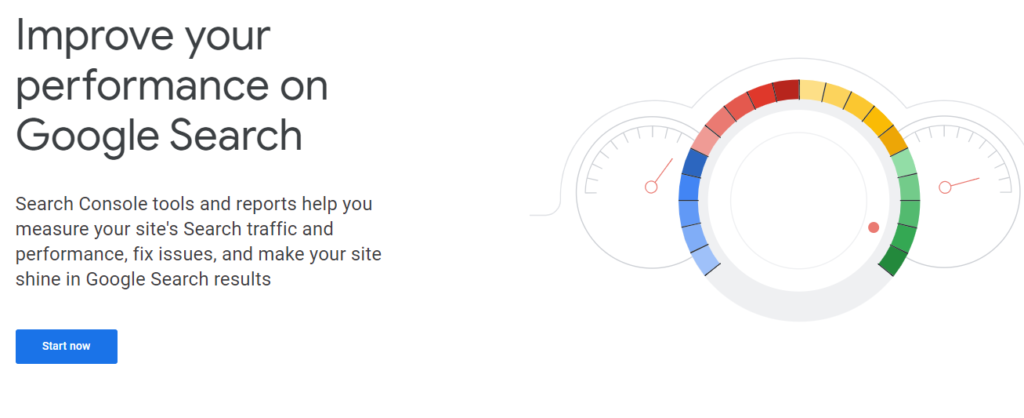
8. Additional Considerations for New Jersey Healthcare Providers:
- Focus on Local SEO Optimization: Optimize your website and online profiles for local New Jersey searches. Include your city and state in website meta descriptions and local directories.
- Comply with HIPAA Regulations: Ensure all digital marketing activities comply with HIPAA regulations to protect patient privacy.
- Maintain Brand Consistency: Maintain a consistent brand voice and messaging across all digital marketing channels.
Conclusion:
By embracing effective digital marketing strategies, healthcare service providers in New Jersey and across the US can reach new patients, build trust, and achieve their marketing goals. Remember, the key lies in understanding your target audience, providing valuable and relevant content, and continuously optimizing your approach based on data insights.
Next Steps:
- Conduct a digital marketing audit to assess your current online presence.
- Define your target audience and their specific needs.
- Develop a comprehensive digital marketing strategy aligned with your goals.
- Choose the right tools and platforms to execute your strategy effectively.
- Track your results and continuously adapt your approach for optimal outcomes.
By following these steps and leveraging the power of digital marketing, you can position your New Jersey healthcare practice for success in the digital age and ensure you reach and engage with the patients who need your services most.
FAQs: Effective Digital Marketing for Healthcare Providers
1. What type of content should I create for my healthcare website and social media channels?
Ans: Focus on informative and engaging content relevant to your area of expertise. Here are some ideas:
- Blog posts: Address common health concerns, preventive care tips, and treatment options.
- Patient testimonials: Showcase positive experiences to build trust and credibility.
- Infographics and videos: Present complex medical information in an easily digestible format.
- Live Q&A sessions: Engage directly with patients and answer their questions in real-time.
- Seasonal content: Highlight health topics relevant to specific seasons (e.g., flu prevention in winter).
2. How can I ensure my healthcare digital marketing efforts comply with HIPAA regulations?
Ans: HIPAA (Health Insurance Portability and Accountability Act) safeguards patient privacy. Here are some key points to remember:
- Patient consent: Obtain explicit consent from patients before using their health information for marketing purposes.
- Data security: Implement secure platforms and protocols to protect patient data.
- De-identified data: If using patient data in marketing materials, ensure it’s fully de-identified and anonymized.
- Work with a HIPAA-compliant partner: If partnering with a healthcare digital marketing agency, ensure they understand and comply with HIPAA regulations.
3. How much should I budget for healthcare digital marketing?
Ans: There’s no one-size-fits-all answer. Your budget depends on your goals, target audience, and chosen marketing channels. Here are some factors to consider:
- Website development and maintenance: Costs vary depending on website complexity and functionality.
- Content creation: The frequency and type of content will affect costs.
- Social media advertising: Budget for ad spend on platforms like Facebook and Instagram.
- Search Engine Optimization (SEO) services: Can be ongoing costs to improve website ranking.
- Email marketing platforms: Costs vary depending on features and email list size.
4. How can I measure the success of my healthcare digital marketing campaigns?
Ans: Track key performance indicators (KPIs) to gauge the effectiveness of your campaigns. Here are some relevant metrics:
- Website traffic: Monitor website visitors and track sources (organic search, social media, etc.).
- Lead generation: Track the number of inquiries and appointment bookings generated from your marketing efforts.
- Social media engagement: Measure likes, shares, comments, and reach on social media platforms.
- Email marketing performance: Track open rates, click-through rates, and unsubscribe rates.
- Patient reviews: Monitor online reviews on Google My Business and other platforms.
5. How can I find a reputable healthcare digital marketing agency?
Ans: Look for agencies with experience in the healthcare industry. Here are some key qualities to consider:
- Understanding of HIPAA regulations: Ensure the agency prioritizes patient privacy.
- Proven track record: Look for case studies demonstrating success in healthcare marketing.
- Focus on data-driven results: Choose an agency that emphasizes results and ROI (Return on Investment).
- Clear communication and transparency: The agency should clearly explain their services and pricing structure.
- Industry-specific knowledge: Look for an agency with understanding of your specific healthcare specialty.
6. Can I manage my healthcare digital marketing efforts in-house?
Ans: It depends on your resources and expertise. Here’s a breakdown:
- In-house management: Requires dedicated staff with digital marketing skills, which can be cost-effective but time-consuming.
- Partnering with an agency: Offers expertise and access to specialized tools but involves additional investment.
Remember, consistency is key. Regularly update your website and social media channels with fresh, engaging content. By providing valuable information and building trust, you can attract new patients and establish your healthcare practice as a leading resource in the digital age.











